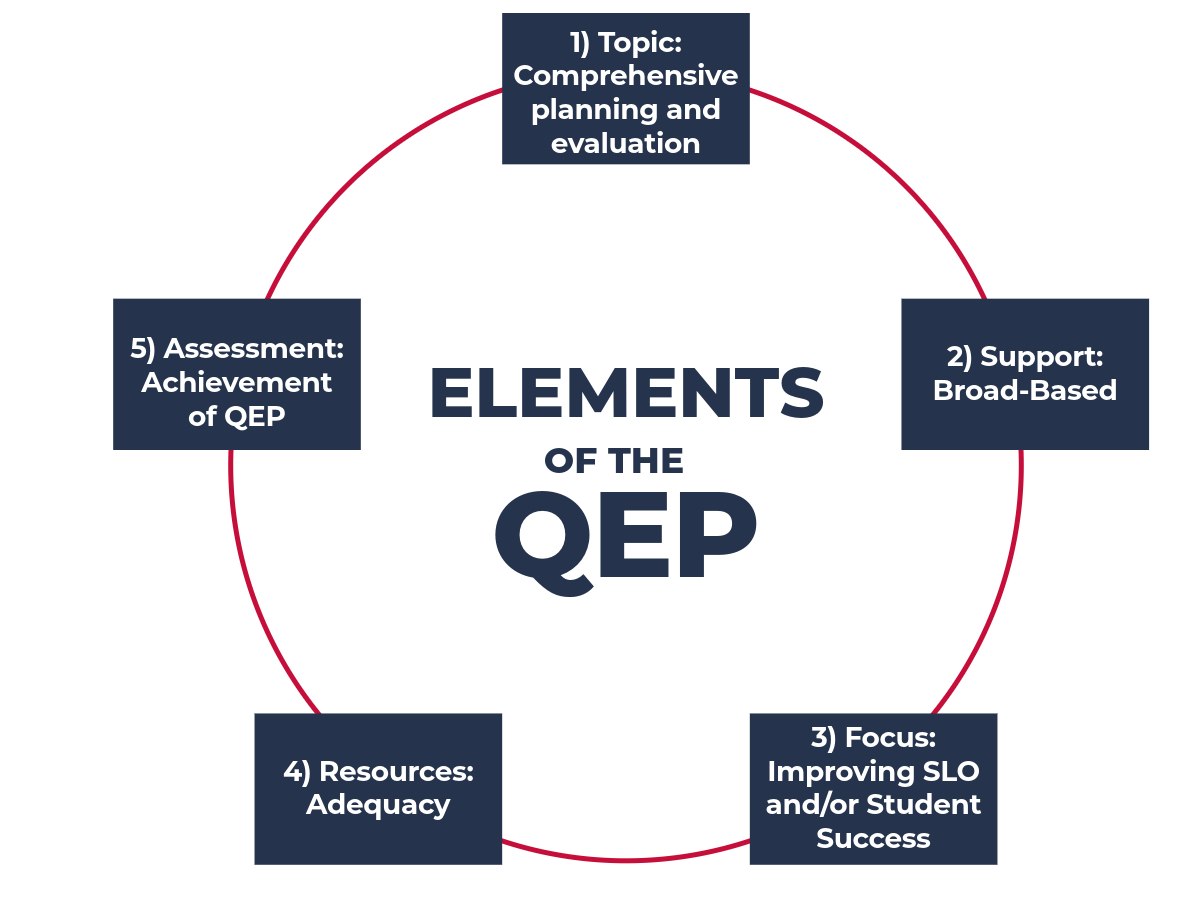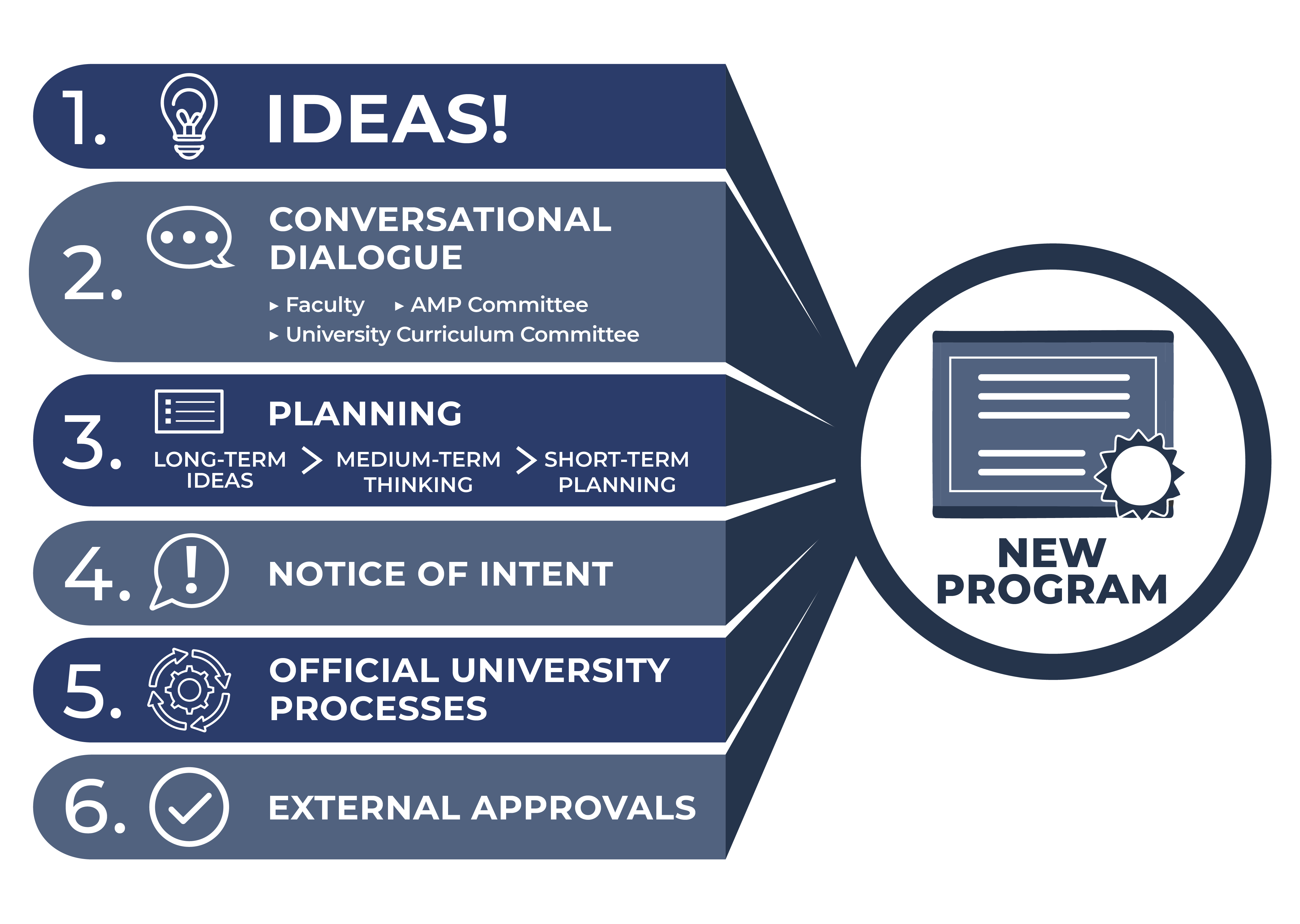Making Aspirations A Reality
UHD’s vision for the future is already taking shape through the projects, partnerships,
and people driving our next decade of growth. From new academic pathways to campus
enhancements and community collaborations, every initiative moves us closer to a stronger,
more connected Houston.
The Future is Now
UHD’s path to the future is already underway. Guided by a series of transformative
plans launched in 2021, the university is aligning academics, infrastructure, and
community partnerships to create lasting impact. From the launch of the Center for
Crime, Urban Research and Education (C-CURE) to the expansion of our physical footprint,
every step strengthens UHD’s role as a driver of progress for our community.
UHD @ 1801 Main
Through a partnership with Downtown Houston Plus, UHD expanded in early 2025 to 1801
Main Street, occupying the entire tenth floor of that building and utilizing 17,000
square feet of office and classroom space. Currently, UHD@1801 Main houses the Office
of Continuing Education Office and the Office of Alumni Relations. This expansion
into Downtown Houston was a strategic move benefiting current students, graduates,
and community members who will gain easier access to academic and professional development.
Plans are underway for UHD@1801 Main to house the new Center for Crime, Urban Research,
and Education (C-CURE), building on UHD’s history in criminal justice education and
establishing leadership in urban research and policy.
UHD’s Expertise in Criminal Justice Leads to C-CURE
During the 89th legislative session of the Texas legislature, UHD secured $2.6 million
in funding for its new Center for Crime, Urban Research and Education (C-CURE) as
an exceptional item request, marking the first time in 25 years that a UHD exceptional
item request has been funded.
C-CURE will be the first center of its kind in Houston, aggregating data across multiple
law enforcement and criminal justice agencies to support research in urban crime and
victimization and to advance policies and strategies to increase community safety.
Studies in Criminal Justice play an important role in the history of UHD as the institution’s
first four-year undergraduate degree and master’s degree.
C-CURE also opens the door for increased intercollege collaboration; internships for
students in Criminal Justice, data analytics, artificial intelligence, technical writing,
and social work; and partnerships with local agencies, including multiple police departments,
social services, and non-profits.
C-CURE will be housed at UHD@1801 Main.
2022-27 Strategic Plan: A New Paradigm
In 2021, Dr Blanchard initiated a Listening Tour of 21 focus group sessions with feedback
from more than 1,200 attendees. That feedback informed an Institutional Compass, serving
as our directional guide to strengthen justice, empower student success, advance institutional
excellence and infrastructure, and grow as an anchor institution. These values are
the foundation of our Strategic Plan, a plan that sets forth a wide-ranging set of
priorities to move us ahead in the coming years through the following eight strategic
goals.
Quality Enhancement Plan (QEP)
A Quality Enhancement Plan (QEP) provides a unifying purpose and goal for a university,
as well as a clear view of exactly how an institution will fulfill the promise it
makes to its students. The focus of UHD’s forward-looking student success initiative
is Transferable Skills for the 21st Century.
This comprehensive plan will ensure students graduate equipped with skills essential
for long-lasting professional and personal success in today's dynamic world and will
detail the path toward delivering socioeconomic mobility, accessible education, and
degrees that hold value far into the future.
Academic Master Plan (AMP)
The Academic Master Plan (AMP) at the University of Houston-Downtown provides a clear
and strategic framework for developing new academic programs that align with the institution’s
mission and market demands. Starting with innovative program ideas, the process involves
thoughtful dialogue among faculty, the AMP Committee, and the University Curriculum
Committee.
This ensures that all ideas are vetted through long-term, medium-term, and short-term
planning. Once the Notice of Intent is submitted, the program progresses through official
university processes and external approvals, ensuring it meets institutional and industry
standards. The AMP is designed to promote cross-disciplinary collaboration, transparency,
and agility, ultimately preparing students for success in a dynamic global economy.
Your Support Makes a Difference
At the University of Houston-Downtown, change drives our vision for the future. Your
support empowers us to continue our mission of developing the next generation of leaders
and innovators. Through your generosity, you play a vital role in advancing impactful
research, creative projects, and transformative educational experiences—preparing
our students to shape the future and tackle the world’s greatest challenges.
Together, we can create a lasting legacy and transformative impact that extends far
beyond our classrooms, shaping the world for generations to come.




